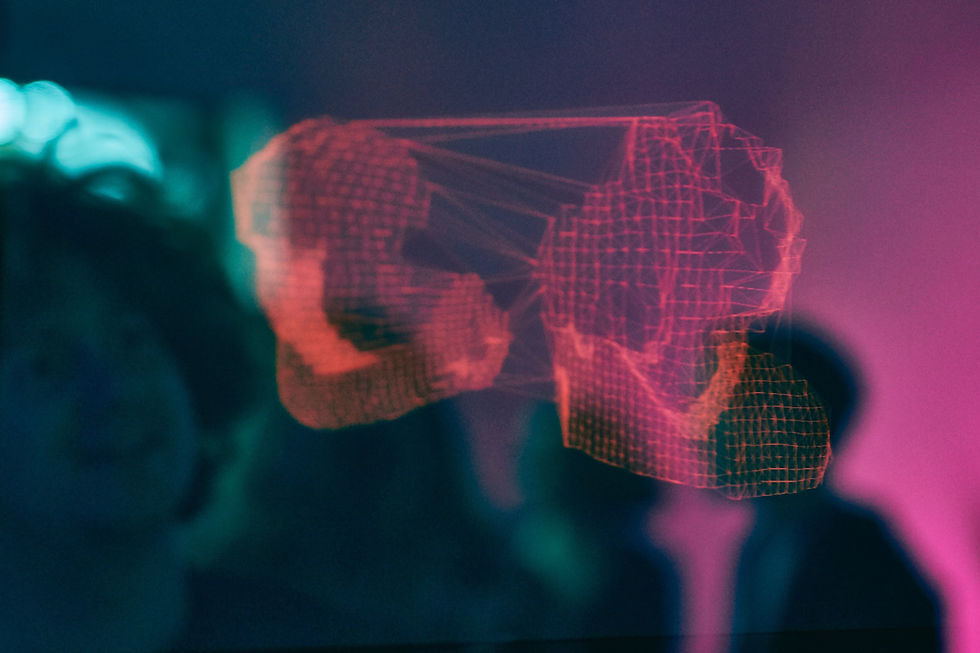BusinessDay: Uploading inequality: how technology could create new caste systems
- Johan Steyn

- Dec 7, 2021
- 3 min read

By Johan Steyn, 7 December 2021
Published by Business Day: https://www.businesslive.co.za/bd/opinion/2021-12-07-johan-steyn-uploading-inequality-how-technology-could-create-new-caste-systems/
“We are probably one of the last generations of homo sapiens. Within a century or two earth will be dominated by entities that are more different from us than we are different from Neanderthals or from chimpanzees. Because in the coming generations we will learn how to engineer bodies and brains and minds.”
This startling statement was made by Yuval Noah Harari during his address at the World Economic Forum meeting in 2020 at Davos. An Oxford-educated historian and professor at the Hebrew University in Jerusalem, Harari reached prominence with his 2014 book Sapiens: A Brief History of Humankind. It was followed by two other best-sellers: Homo Deus: A Brief History of Tomorrow (2016) and 21 Lessons for the 21st Century (2018).
His books and public lectures are a rallying call for humanity to wake up and understand that new technologies such as artificial intelligence (AI) will change the trajectory of our species dramatically. Many public figures have been influenced by his work, and even Bill Gates wrote about Harari, calling him “such a stimulating writer that even when I disagreed, I wanted to keep reading and thinking”.
During a recent interview with Anderson Cooper for CBS’s 60 Minutes, Harari said that “one of the dangers is that we will see in the coming decades a process of greater inequality than in any previous time in history because, for the first time, it will be real biological inequality”.
Technology, blended with human bodies, will create a new humanoid species. It will split humanity into two distinct groups (or castes, as Harari calls it). The wealthy will be able to afford brain implants and other advances to various organs and body parts. They will live longer, be always healthy and will become the dominant species — a techno-ruling class — and the rest will be left behind.
Perhaps for the first time in the debate on evolution through natural selection, we will be able to agree on intelligent design. But this time the intelligence will be attributed not to a deity but to algorithms and computer cognition. The survival of the fittest will be enhanced through data, brain-computer interface technology and 3D-printed organic material.
Harari explains how the concentration of land ownership in ancient times gave rise to a split between aristocrats and commoners. More recently the rise of machinery and limited technological ownership again created a split between humans, this time between capitalists and wage earners.
Data is the most important asset on earth nowadays. Those who control the data will control the world. Data ownership and control — already concentrated in a minority of organisations — will again create a split between two types of human species. The new type of human will be able to upgrade his or her brains and nervous systems by connecting it to the power of the internet.
Harari’s message is not all gloom and he does not claim that humanity’s destiny is a dystopian future set in stone. But his warnings — and those of others like him — should be taken seriously. AI and other smart-technology inventions are, for now, still under our control.
We need to think deeply about the ethics and philosophy of new technology. We need to consider whether we are like Prometheus of ancient mythology unleashing powers that humankind cannot control.
• Steyn is chair of the special interest group on artificial intelligence and robotics with the Institute of Information Technology Professionals of SA.






Comments